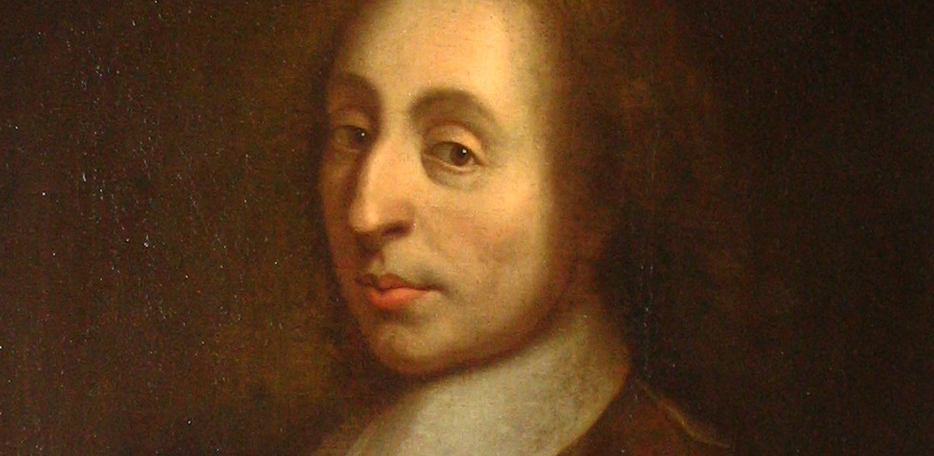When we returned to West Point this past July, we did not expect to end up restricted to the same five-mile radius for the rest of the semester. Yet the potent combination of COVID-19 and military force protection measures resulted in a full lock-down on post. The jealousy that we cadets regularly feel as we compare our constrained lives with those ‘easier’ lives of regular college students has gained a fresh intensity with these new regulations.
Login to read more
Sign in or create a free account to access Subscriber-only content.
